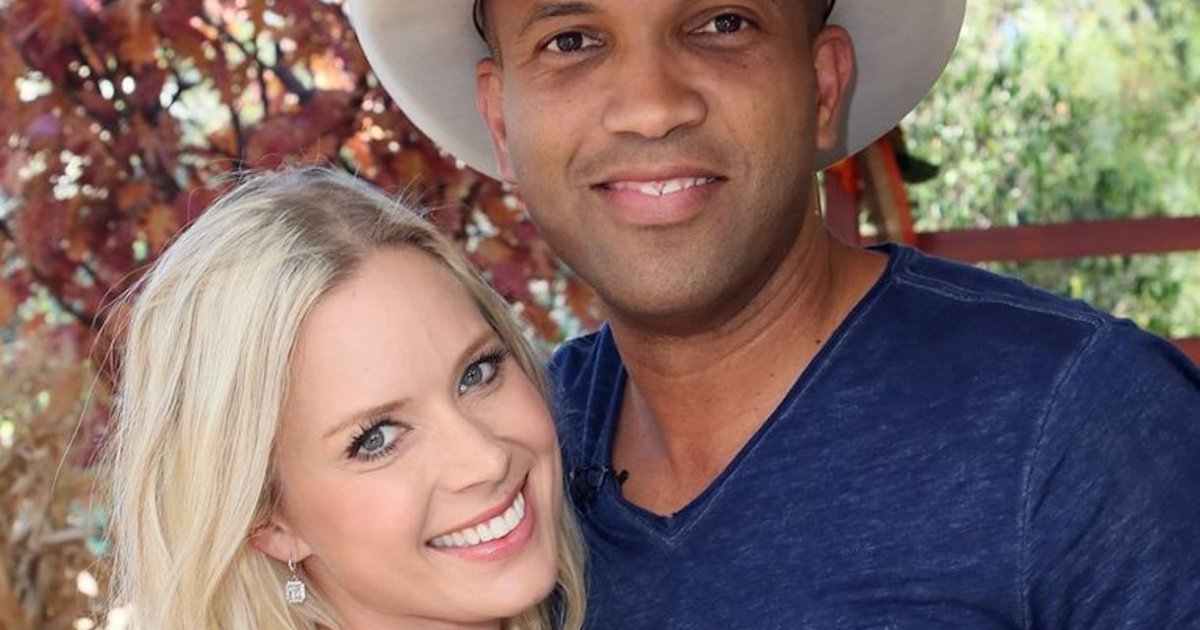The Andersons Get COVID-19
- Criscilla and Coffey Anderson both battled COVID-19 as Criscilla is currently fighting colon cancer.
- She has undergone various treatments for her disease, including chemotherapy, surgery, and immunotherapy.
- For those battling cancer, practicing extra caution during the pandemic is important due to some cancer treatments causing an immunocompromised state.
Criscilla’s Colon Cancer
Criscilla Anderson was originally diagnosed with cancer in 2018. And since then, she has undergone various treatments for her colon cancer, including chemotherapy, surgery, and immunotherapy. Anderson spoke about her cancer with People, calling the cancer journey a “wave of emotions.” Related: Country Star Coffey Anderson's Wife, Criscilla, On Talking To Her Children About Colon Cancer: 'I Knew I Couldn't Lie'She explained, “I mean, that’s what cancer is. It’s a wave of emotions. Every time you go into the hospital, you want to hope for the best but at the same time, you have to mentally prepare for the worst. And when you are preparing for the worst, you have to know that that is the journey of cancer.”
Dr. Heather Yeo, a Colorectal Surgeon and Surgical Oncologist at Weill Cornell Medicine and NewYork-Presbyterian, spoke in an earlier interview about the surgical process for colon cancer. She said, “If you have stage one to three cancer, that usually means that you need surgery.”
Dr. Yeo explained the logistics of the surgical procedure, too. “Traditionally, patients usually have open surgery, meaning they had a big incision through their belly and then we would go through that incision in the belly to take out the tumor. Now more recently, we’ve been using minimally invasive techniques, meaning making much smaller incisions and long instruments that go through the body wall and then we use a little camera to look inside the body. Patients recover faster, their hospital length of stay are shorter, they’re less likely to need transfusion.”
Choosing the Right Surgery for Your Colon Cancer While Avoiding Marketing Gimmicks
Cancer and COVID-19
For those fighting cancer during the COVID-19 pandemic, it’s important to exercise cautions and stay safe. Dr. Elizabeth Comen, a Medical Oncologist at Memorial Sloan Kettering Cancer Center, said in an earlier interview, “So we know that cancer has not gone away just because we’re in the middle of a pandemic. We also know that some elective procedures and potentially preventative care– things like colonoscopies, and mammograms, and pap smears may have been put off a couple of months because we wanted to limit the number of people that were coming in to the hospital and also keep patients at home unless they really needed to leave.”
“But fortunately, now that we have a little bit of a better hold on how to protect patients, how to disinfect, how to clean in between patients and scatter so that we’re not crowding our waiting rooms, it’s really, really important to remember to talk to your doctor about your screening mammogram or any other preventative tests that you may need. We know that cancer prevention works, and what we don’t want is a huge fallout because of COVID that patients are so afraid to leave their home that they’re missing their most important tests, like their screening mammogram.”
It's Important To Continue Cancer Screenings Through COVID-19
Learn more about SurvivorNet's rigorous medical review process.


